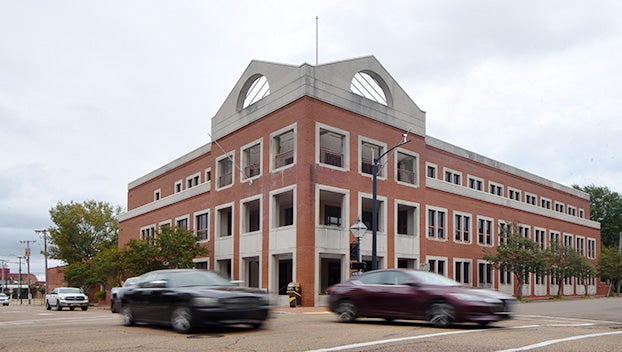Does our society reflect tribe?
Published 12:36 am Sunday, March 27, 2011
The French defeated the English and the Natchez in this area, leaving the Native Americans with few choices.
Most Natchez who survived left the area, moving toward the Carolinas, closer to their English allies. The Cherokee and Creek Indians adopted the Natchez into their tribes.
“There is pretty good evidence that some Natchez Indians remained in this area and never left,” Barnett said. “They kept a low profile, but there are reports from the French of sighting Natchez Indians in this area.”
The Treaty of Paris, signed in 1783, gave this area of the country to the English. The Natchez Indians who had remained in the area were free to come out of hiding, Barnett said.
The Natchez today
The Great Sun of the Natchez Indians — or as non-Native Americans would say, the principal chief — was in Natchez this weekend for the Natchez Powwow.
Hutke Fields of Oklahoma comes almost every year to be respectful of the Natchez Nation and “the old way.”
Fields said more than 10,000 Natchez Indians exist today, although not all of them are enrolled in the nation.
Natchez Nation Indians actually pronounce Natchez, “Notch-ay” but with the same spelling.
Fields, 59, said the pronunciation locals use today of “Natchez,” which makes the “z” audible, was probably an English person’s pronunciation of a French and Spanish spelling of “Natchez.”
The language of the Natchez Indian tribe hasn’t been spoken since before World War II, though, Barnett said.
The Natchez tribe today is smaller than some of the other tribes, but they are proud, Fields said.
“Even if (partially) Seminole or Chickasaw, they’ll say, ‘By golly, I’m a Natchez,” Fields said.
“Everything that once was Natchez still is Natchez.”
In addition to Fields’ tribe in Oklahoma, Natchez Indians also live and work in South Carolina, Barnett said.
The Natchez nation still honors the traditions of their ancestors, Fields said, passing heritage through the maternal line.
Fields is half Natchez, and his brother, who is the police chief of the Natchez Nation and also attended the Powwow Saturday, is full-blooded.
Fields was dressed in traditional tribal clothes for Saturday’s event and explained the significance of his tattoos and earrings; both are symbolic.
“The more (earring) holes, the more prominent (the person),” Fields said.
Both of Fields’ ears had three earrings each.
The tattoos on Fields’ chin, chest, arm and back all carry symbolism, with much of it stemming from his position in the Natchez Nation.
Fields, who earned his master’s degree in social work, and other descendants of the Natchez work today to keep their culture alive, but often lack an accurate written record they wish they had, Fields said.
“Sometimes (history is) skewed, but at the same time it feels really good to be back home,” Fields said of visiting Natchez.






